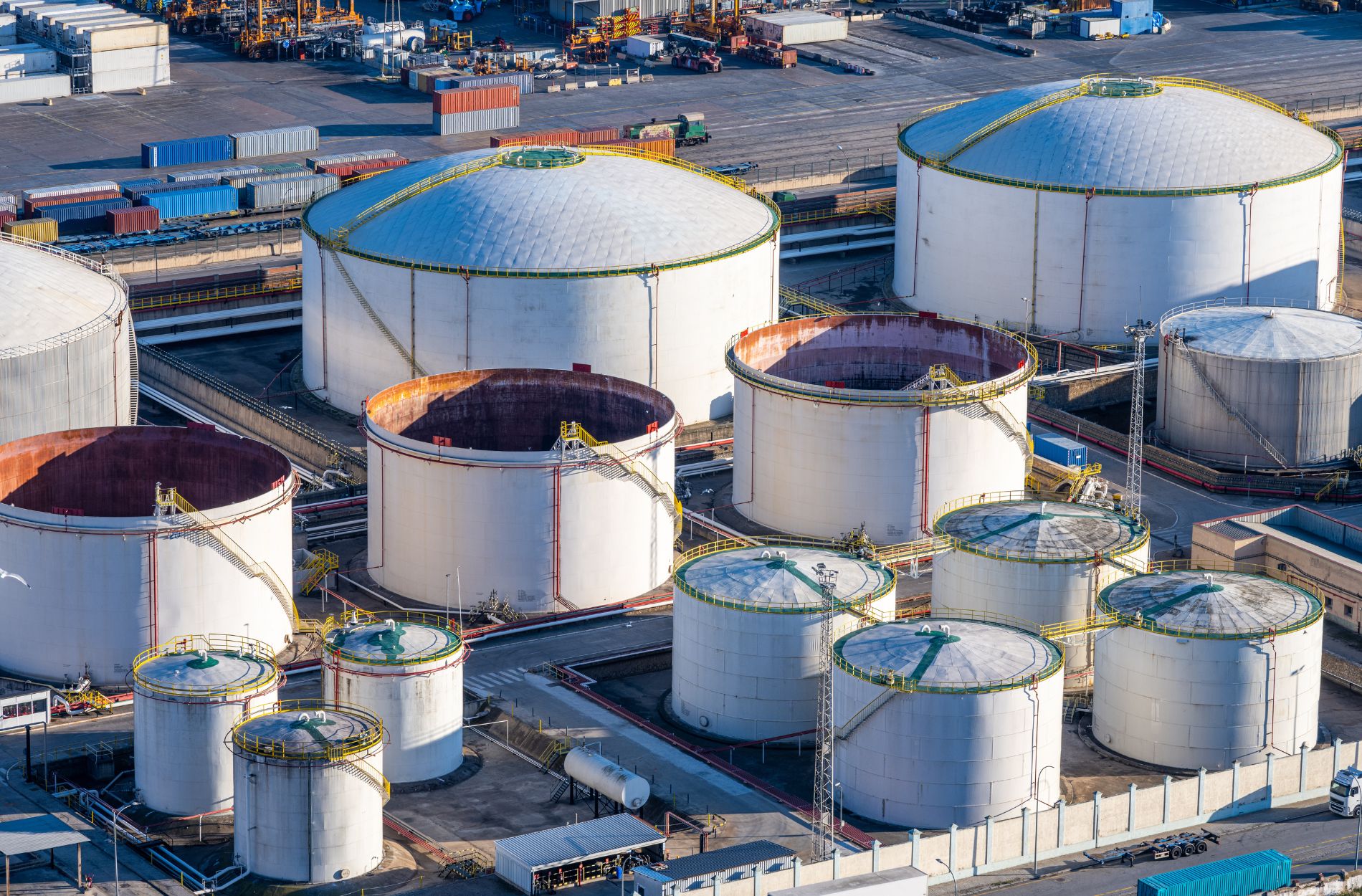
Industrial tanks play a crucial role in many industries by storing various substances, from water to chemicals. Keeping these tanks clean is key to ensuring they function correctly and safely. Regular cleaning helps avoid problems that could interfere with operations. Just like you wouldn’t leave a car unwashed for years, the same principle applies to tanks—they need consistent care to remain in good shape.
Regular cleaning of industrial tanks not only keeps them in good condition but also increases their lifespan. When tanks are neglected, problems like rust, residue build-up, and contamination can occur. This could lead to unexpected production halts, costing time and money. With routine cleaning, tank operators can keep their systems running efficiently and avoid these potential setbacks.
Preventing Contamination
One of the main reasons for regular tank cleaning is to prevent contamination. When tanks hold substances for extended periods, there’s a risk of unwanted foreign particles making their way in. These could come from environmental exposure or residual build-up from previous contents.
To combat this, regular cleaning helps by:
1. Removing Residue: Over time, tanks can accumulate residue from the substances stored. This layer can attract bacteria and other contaminants.
2. Flushing Out Contaminants: Cleaning flushes out unwanted elements and ensures the stored material remains pure.
3. Maintaining Contents: Clean tanks are essential for keeping the contents in their intended state, especially in industries dealing with food or pharmaceuticals.
Contamination not only affects the quality of the stored material but can also cause damage to the tanks themselves. This damage reduces tank longevity and can pose safety risks to the operations team. By making cleaning a priority, these risks diminish, and the integrity of both the contents and the tank is upheld. Regular cleaning helps minimise these chances, maintaining the quality of the stored materials and ensuring that operational standards are always met.
Extending Tank Lifespan
Regular cleaning of industrial tanks plays a significant part in boosting the lifespan of these vital pieces of equipment. It’s a bit like taking care of a house; if you let dust and dirt build-up without cleaning, pretty soon your lovely home becomes rundown and unfriendly. The same thing can happen with tanks if residue and build-up are left unattended. This residue can lead to corrosion and wear, which might weaken the tank over time.
Effective tank cleaning ensures that any deposits or residue are thoroughly removed, which reduces the likelihood of corrosion. This maintenance strategy acts as a protective measure, keeping the tank’s structure sound. By preventing or even delaying damage, regular cleaning can help extend the lifespan of a tank, allowing it to operate smoothly for years. This approach can save significant costs related to premature tank replacements.
Compliance With Regulations
Another important reason for maintaining a strict cleaning routine is to stay in line with industry standards and regulations. Industries dealing with chemicals or food products, for example, often face rigorous guidelines to ensure the safety and quality of their products stored in tanks. Regular cleaning helps maintain compliance with these rules, which is key in avoiding potential penalties or shutdowns.
Industries are often tempted to skip a scheduled cleaning session thinking it might save time or resources. However, neglecting cleaning responsibilities could lead to fines or legal issues, especially if non-compliance is discovered during inspections. Keeping tanks tidy is a proactive step that demonstrates commitment to quality and safety. This not only protects the business’s reputation but also ensures ongoing operations without interruptions.
Improving Operational Efficiency
Clean tanks don’t just look good; they work more efficiently too. A tank that’s regularly cleaned uses energy more efficiently, as there’s nothing to block the smooth flow or the environment inside. When tanks are clogged with dirt or residue, the systems controlling them often face additional strain. This can lead to wear and increase operational costs as more resources are poured into maintenance to address inefficiencies.
Here’s how regular cleaning boosts efficiency:
– Resource Management: By ensuring efficient storage and handling, industries can better manage resources.
– Reduced Downtime: Fewer breakdowns mean less downtime and disruption.
– Improved Performance: Clean tanks ensure the quickest, most efficient transfer of contents.
Making tank cleaning a fundamental part of your maintenance routine saves money and time, creating a more effective and cost-efficient operation.
Industrial Tank Cleaning Importance Explained
To keep industrial tanks in their best state, regular cleaning is non-negotiable. It’s a practice that builds a strong foundation, supporting longevity, efficiency, and compliance while reducing risks. Imagine it like visiting the dentist regularly to prevent problems later—it’s just good care that pays off in the long run.
Prioritising cleanliness in your industrial tanks also underscores a commitment to high standards and productivity. By integrating regular cleaning into your maintenance practices, you ensure strong operations and a safer, healthier environment for both employees and contents.
Wrapping up your cleaning routine can keep your tanks performing at their best and lasting longer. If you’re focusing on efficiency and safety, make industrial tank cleaning a priority. Trust ATM Tanks to provide exceptional industrial tank cleaning services and keep your operation running smoothly.
- How Tank Inspections Can Prevent Emergency Cleanups - January 11, 2026
- Tank Waterproofing Tips for Mid-Summer Rain Surges - January 11, 2026
- When to Repair a Cracked Steel Tank Before It Leaks - January 11, 2026






